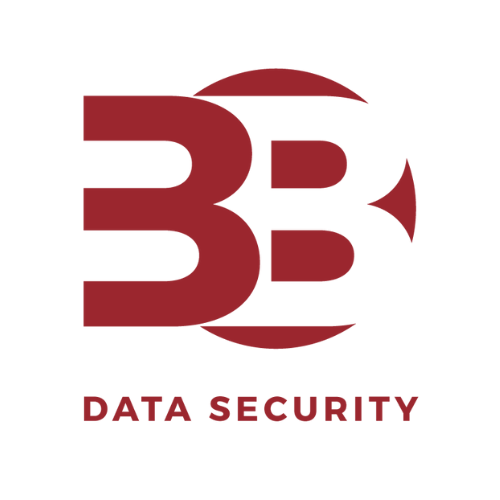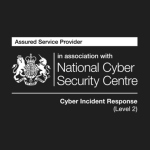The National Cyber Security Centre (NCSC), in partnership with IASME, have recently launched a new Industry Assurance Scheme – Cyber Advisor. This scheme aims to help small and medium-sized businesses ensure they have baseline cyber security controls in place.
What is the Cyber Advisor Scheme?
The Cyber Advisor Scheme is a new, cost-effective initiative aimed at helping organisations put measures in place to protect them from the most common types of cyber threats.
The scheme will help organisations identify the cyber security skills and advice they need, and can also help prepare those looking to achieve Cyber Essentials Certification.
A Cyber Advisor will provide advice and hands-on assistance to implement the five Cyber Essentials technical controls. The scheme is based on these controls as they mitigate the majority of high-volume, low-skill cyber attacks.
“It can be hard to know where to find consultants that offer reliable and appropriate advice on cyber security, especially for SMEs. IASME is proud to deliver the NCSC’s Cyber Advisor scheme to provide a trusted source of good cyber security advice for small organisations”
– Dr Emma Philpott MBE, CEO | IASME
Who is the Cyber Advisor Scheme for?
The Cyber Advisor Scheme is primarily aimed at small and medium businesses, as they often lack the expertise needed to identify their risks and implement baseline security measures. These organisations also often have limited resources to invest into cyber security, so it can be difficult to know where to focus the resources they do have.
A Cyber Advisor will help organisations identify their risks, advise on where they should focus their resources, and provide hands-on support to help implement baseline security measures.
Benefits of the Cyber Advisor Scheme
The Cyber Advisor Scheme helps organisations in many ways, including:
– Advising organisations on the best place to allocate their security resources.
– Helping organisations identify their security risks and how to prioritise any remediation.
– Protecting organisations from the most common security threats.
– Helping organisations on their way to achieving Cyber Essentials Certification.
– Giving hands-on support with implementing security measures.
– Demonstrating to customers and stakeholders that your organisation takes cyber security seriously.
What’s the difference between Cyber Advisor and Cyber Essentials?
Although the Cyber Advisor Scheme consists of implementing the five Cyber Essentials technical controls, organisations are not obliged to apply for Cyber Essentials Certification after following the Cyber Advisor Scheme.
The scheme has been linked to Cyber Essentials as the NCSC believes the Cyber Essentials technical controls help protect organisations from the most commonly experienced cyber attacks.
Organisations can use this scheme as a stepping stone towards Cyber Essentials Certification.
As well as implementing the technical controls, to achieve Cyber Essentials Certification organisations will need to undertake a self-assessment against the criteria of the Cyber Essentials standard.
Find out more about Cyber Essentials Certification >>
How to get started with the Cyber Advisor Scheme
3B Data Security are certified by the NCSC and are one of only a few Assured Service Providers for the Cyber Advisor Scheme.
Every Cyber Advisor must pass an independent assessment; the Certificate of Competence in Cyber Essentials Implementation. The assessment tests an individual’s knowledge and understanding of the technical controls, their competence in doing practical, hands-on IT configuration and support, and their ability to understand and work with small organisations.
Our consultants have passed this assessment, meet the NCSC’s high standards, and have been certified as an Assured Service Provider.
Learn more about the Cyber Advisor Scheme, and how our team of experts can help protect your organisation from the most common security threats.







